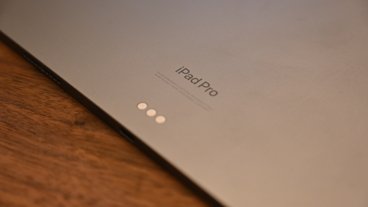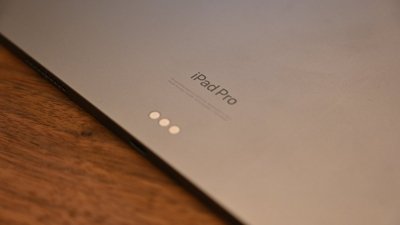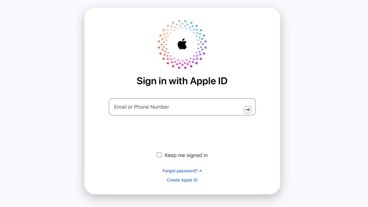Rumors of Qualcomm-Apple iPhone deal persist
Citing "market sources," Taiwanese trade publication DigiTimes reported Monday that Qualcomm is in talks with Apple "for interest in future cooperation." The report said that Qualcomm is concerned about its future as popular smartphones, including the iPhone, do not utilize its 3G handset chips. Fierce competition has allegedly "pressured" the chip maker into looking to make a deal with Apple.
Currently, Qualcomm supplies chips to Samsung and LG in Korea, and HTC in Taiwan. But the iPhone, BlackBerry, and Palm Pre do not rely on the company.
The iPhone currently utilizes an Infineon chipset for its GSM and 3G networking. Palm uses chips from Marvell, while RIM contracts with Freescale.
In November, two separate reports indicated that a Qualcomm-powered iPhone was in the works. One suggested the device would use a new hybrid chip created by the company to allow dual compatibility with both the AT&T and Verizon networks in the U.S.
However, another analyst said that although he has heard that a Qualcomm deal is in discussion, a dual-mode iPhone would be impossible to release in 2010, as it is not currently in field trials. Such a handset was predicted to arrive in 2011 at the earliest.
However, CMDA inventor Qualcomm has announced that it plans to release dual-carrier chips that would enable future phones to work on both CDMA/EVDO carriers like Verizon and Sprint, as well as rival 3GPP carriers that use UMTS/HSPA+ technology like AT&T and T-Mobile. The new chips also provide future support for LTE, the next-generation 3GPP standard that most carriers plan to begin testing for deployment globally in the next few years.
Analyst Ashok Kumar with Northeast Securities, recently told AppleInsider he believes that Verizon and Apple would like to release a CDMA handset at a contract-subsidized $99 price point, which would make the new dual-mode chip cost prohibitive. Qualcomm expects commercial launches of handsets based on its dual-mode chip to be introduced in the second half of 2010.
 Sam Oliver
Sam Oliver










 Malcolm Owen
Malcolm Owen
 Charles Martin
Charles Martin
 Mike Wuerthele
Mike Wuerthele


 Chip Loder
Chip Loder

 William Gallagher
William Gallagher






39 Comments
Ummm... Apple are evidently testing 2010's iPhone in States and in the Great Britain right now. How come chips, which are gonna be ready for commercial usage by the end of 2010, are for iPhone?
a solution like what Qualcomm maybe proposing is going to be a power hog, with Apple doing everything that can do to increase battery performance I think the last thing they would want to do is put in a feature this uses lots of power and only benefits a few. not everyone need the ability to work on both types of networks.
Apple should make these things themselfs. I mean, its not as if they have no money to do it
Just for clarification for author of this news: Qualcomm is NOT inventor of CDMA. It is patent holder for CDMA. Original inventor is British Intelligence during WWII. How Qualcomm got into possesion of this patent is another story and it explains root of GSM creation if one wants to know some historic facts.
a solution like what Qualcomm maybe proposing is going to be a power hog, with Apple doing everything that can do to increase battery performance I think the last thing they would want to do is put in a feature this uses lots of power and only benefits a few. not everyone need the ability to work on both types of networks.
Why do you think these chips would be power hogs? If we look at the current Infineon chip you have multiband HSPA and Edge for voice and data on 65nm die. The new Qualcomm chips are 45nm. When you shrink the die you get more transistors and reduced power consumption.